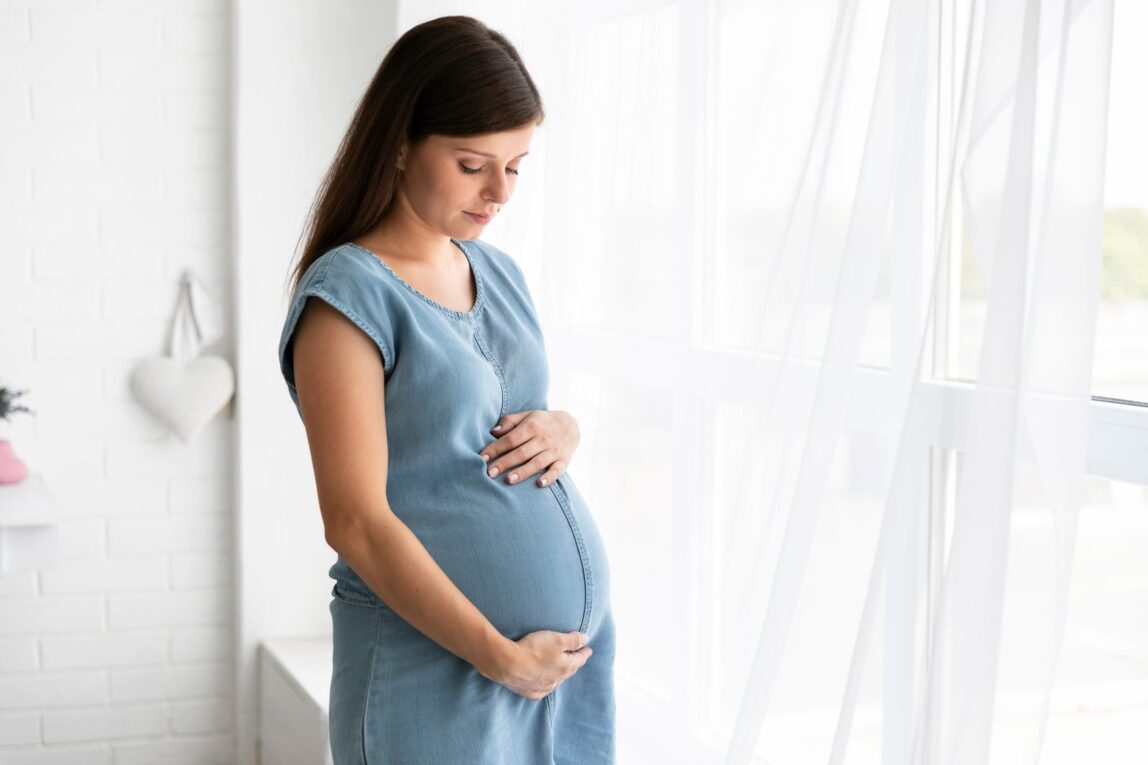A recent study presented at the Society for Maternal-Fetal Medicine’s annual meeting, The Pregnancy Meeting, revealed that approximately 1 in 10 pregnant individuals who contract COVID-19 will go on to develop long COVID. This research sheds light on the long-term effects of COVID-19 specifically on those who are pregnant, an area that has received little attention thus far.
The study, published as an abstract in the January 2024 supplement of the American Journal of Obstetrics and Gynecology, followed a cohort of individuals from 46 states and Washington, D.C. who contracted COVID-19 during pregnancy. The aim was to determine the prevalence of long COVID in this group and identify any factors that may put pregnant individuals at higher risk. The cohort is part of a larger study called the NIH RECOVER Initiative, which investigates the long-term effects of COVID-19 in both adults and children.
Out of the 1,503 people in the pregnancy cohort, slightly over half (51%) were fully vaccinated at the time of infection, and the average age at infection was 32 years old. The researchers examined pre-existing conditions, socioeconomic status, and the severity of COVID-19 during pregnancy.
The findings revealed that 9.3% of pregnant individuals developed long COVID, defined as persistent symptoms lasting for six months or more after the initial infection. The most commonly reported symptoms included fatigue, dizziness, and post-exertional malaise, which is feeling worn out after even minor physical or mental activity.
The study also identified several risk factors associated with the development of long COVID in pregnant individuals. Those who were obese, suffered from depression or chronic anxiety, had difficulty paying their bills, or experienced a more severe case of COVID-19 that required oxygen therapy during pregnancy were all at a higher risk.
According to Dr. Torri D. Metz, the lead author of the study and a maternal-fetal medicine subspecialist at the University of Utah Health, it is crucial for clinicians to be aware that nearly 1 in 10 pregnant individuals with COVID-19 will experience persistent symptoms even six months after the initial infection.
Interestingly, the trimester of infection did not appear to affect the likelihood of developing long COVID, suggesting that the timing of the infection during pregnancy does not play a significant role.
Comparing the findings to the larger NIH RECOVER-Adult cohort, which includes non-pregnant individuals, the study revealed that the rate of long COVID was lower in pregnant individuals. The reasons behind this difference require further investigation.
Moving forward, researchers plan to examine the outcomes of infants born to pregnant individuals who developed long COVID in order to gain a more comprehensive understanding of the impacts of the condition.
*Note:
1. Source: Coherent Market Insights, Public sources, Desk research
2. We have leveraged AI tools to mine information and compile it

